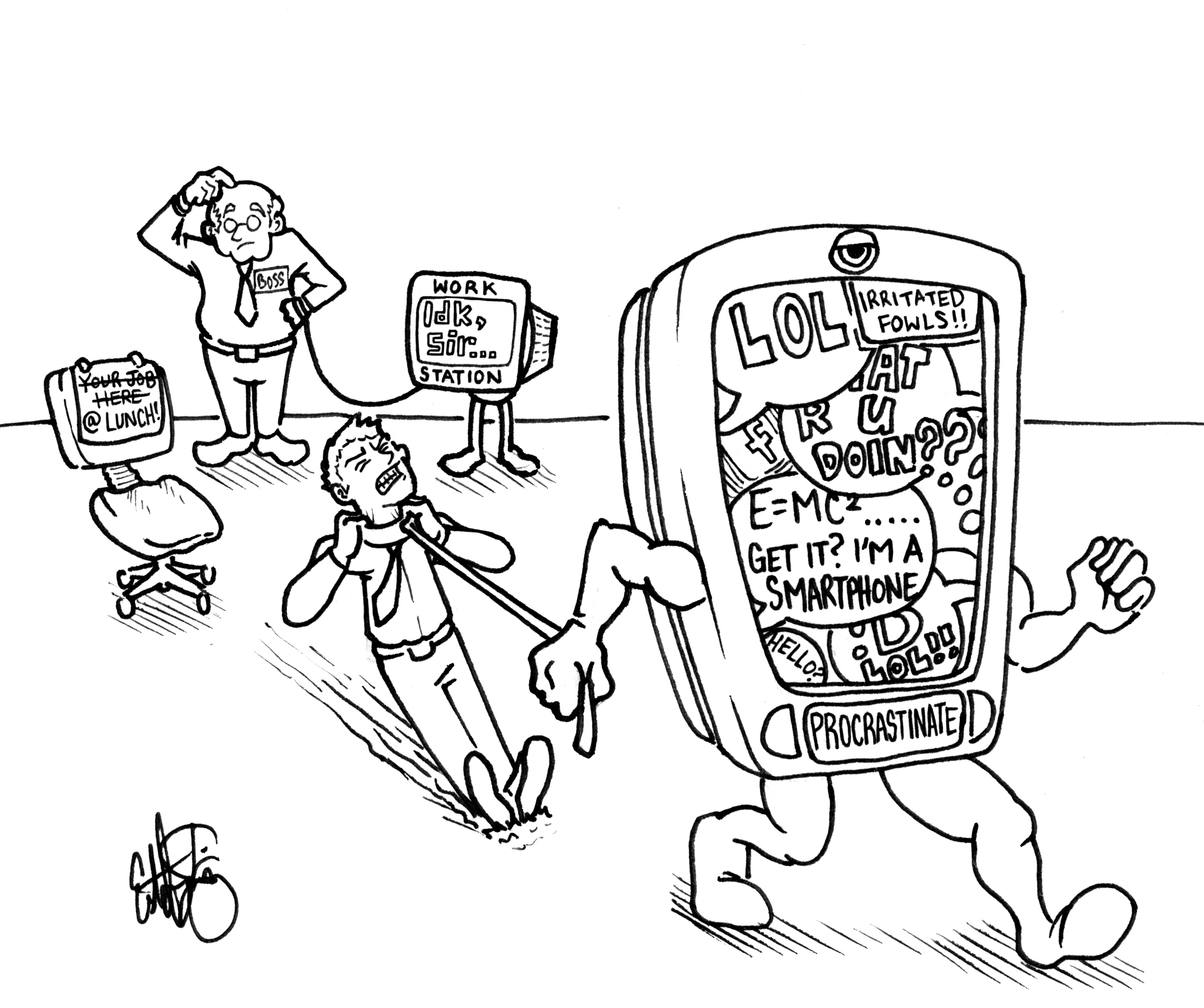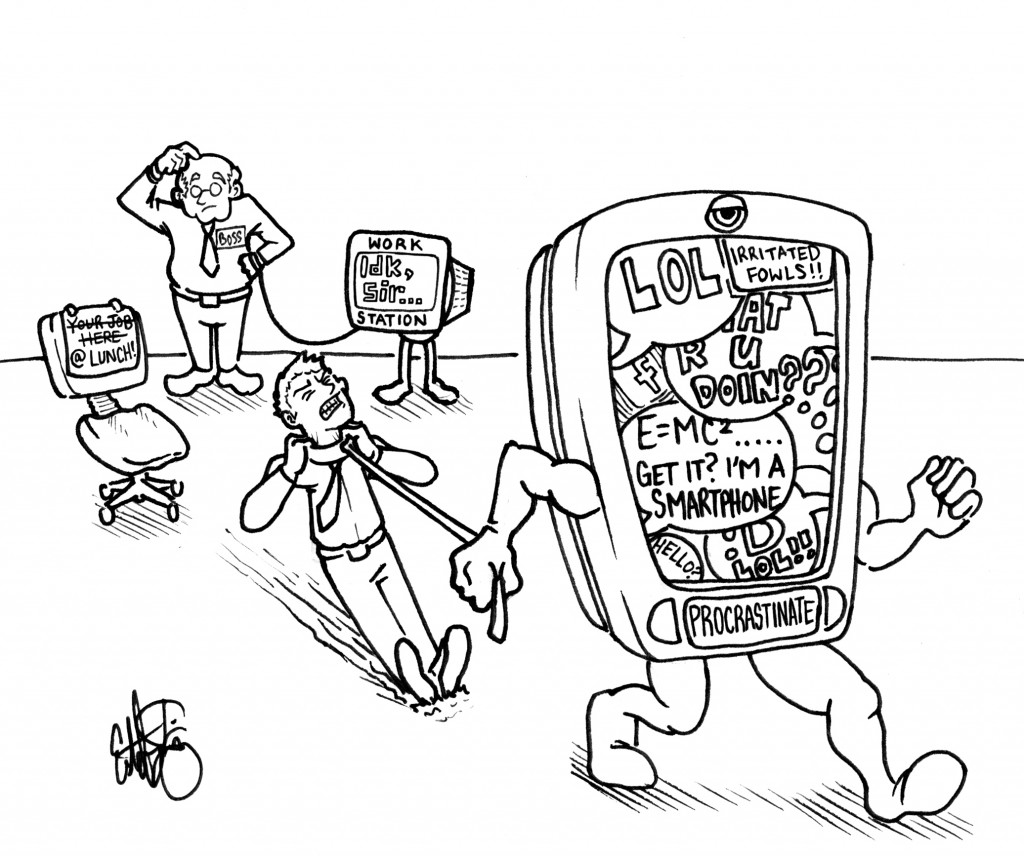There is little denying that Generation Y is one of constant communication. You want to reach someone from Gen Y? Pick your poison: Will you call them? Maybe shoot a text message off? You could reach them by email, possibly to two or more e-mail addresses. Perhaps you will use Facebook chat or send a message? Maybe both? If you wanted to get really creative, you could even tag them in a tweet.
The means of communication seem endless, and with the new and ever-evolving smart phones, all of these modes of communication are easily available on one device. You can quite literally carry your world in your pocket. In fact, it is next to impossible to not be able to reach a millennial, if that is your goal.
Cell phones enable us to do more than we ever could before, and we are exposed to more technology and communication than ever.
For example, this generation is probably the most informed about news and other events —an easy accomplishment when you can read the breaking news on an app while standing in line for your coffee. And when you get up to the counter to pay for your coffee, at least at Starbucks, you can now open your new Starbucks app and pay using your cell phone instead of using credit cards or cash.
This new technology definitely has its benefits. Have an emergency? Get out your cell phone and call the police. Why waste paper on books and money, when you can just as easily use your Kindle to read the latest best sellers?
But besides all the snazzy benefits, what does this new technology mean for our generation? In an article in the Chronicle of Higher Education, Dr. William Major, an associate professor of English at the University of Hartford’s Hilyer College, talks about the negative aspects of cell phones and constant connectivity.
Major’s class studies Henry David Thoreau’s “calls for simplicity and solitude,” and he offers his students extra credit if they will turn their cell phones in to him for five days.
Many of his students, he says, refuse. Others who do participate in the project express fear all week long.
They have fears of having an emergency and not being able to call for help, fears of missing a party, fears of aggravating parents or a significant other…and the list goes on. Solitude, according to Major, scares this generation.
A Lariat article that ran on Oct. 8, 2010, “Living to Work” by Carmen Galvan, outlines how technology has made it easy for students to become workaholics in college, and how many of them continue this trend in their careers.
This generation gives the idea of being chained to a work desk a new, and more literal, meaning. Now, workers simply take the desk home with them in the form of smart phones, iPads and laptop computers. These devices enable this generation, unlike ever before, to carry their work and stress home with them when they go.
They wake up and check their phone for text messages, voicemails and e-mails. They start getting ready for the day and stop periodically to keep checking their phones.
Whether they are in class, at work or on vacation at the beach, when that little buzzing signifies a new message, it is almost instinctive to check it and reply before continuing with the day.
The nine-to-five work day has transformed into the stop-and-go, neverending career.
While this editorial is definitely not a call for technology to stop advancing, or for Gen Yers to permanently give up their cell phones, perhaps a self-inflicted experiment of giving up communication for a week would be a good way to regain some independence and solitude.
Solitude, defined as “absence of human activity,” is not necessarily a bad thing, at least according to Thoreau.
And truly experiencing independence, defined as “freedom from the control, influence, support, aid, or the like, of others,” could activate this generation to be productive more than reliance on a smart phone ever could.







